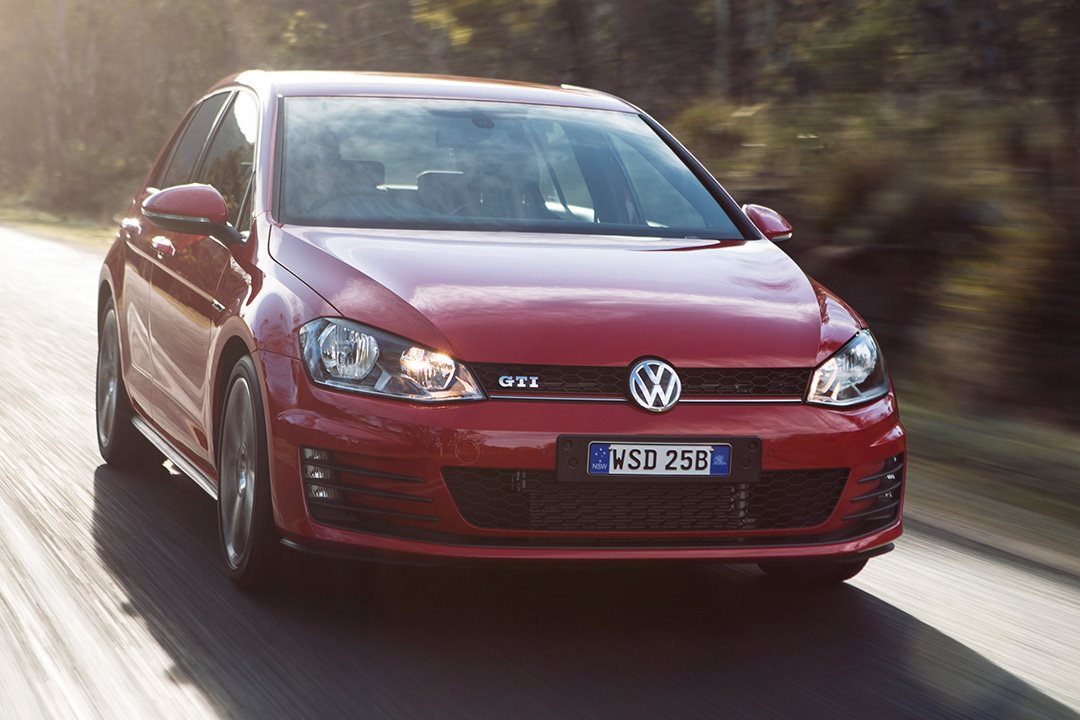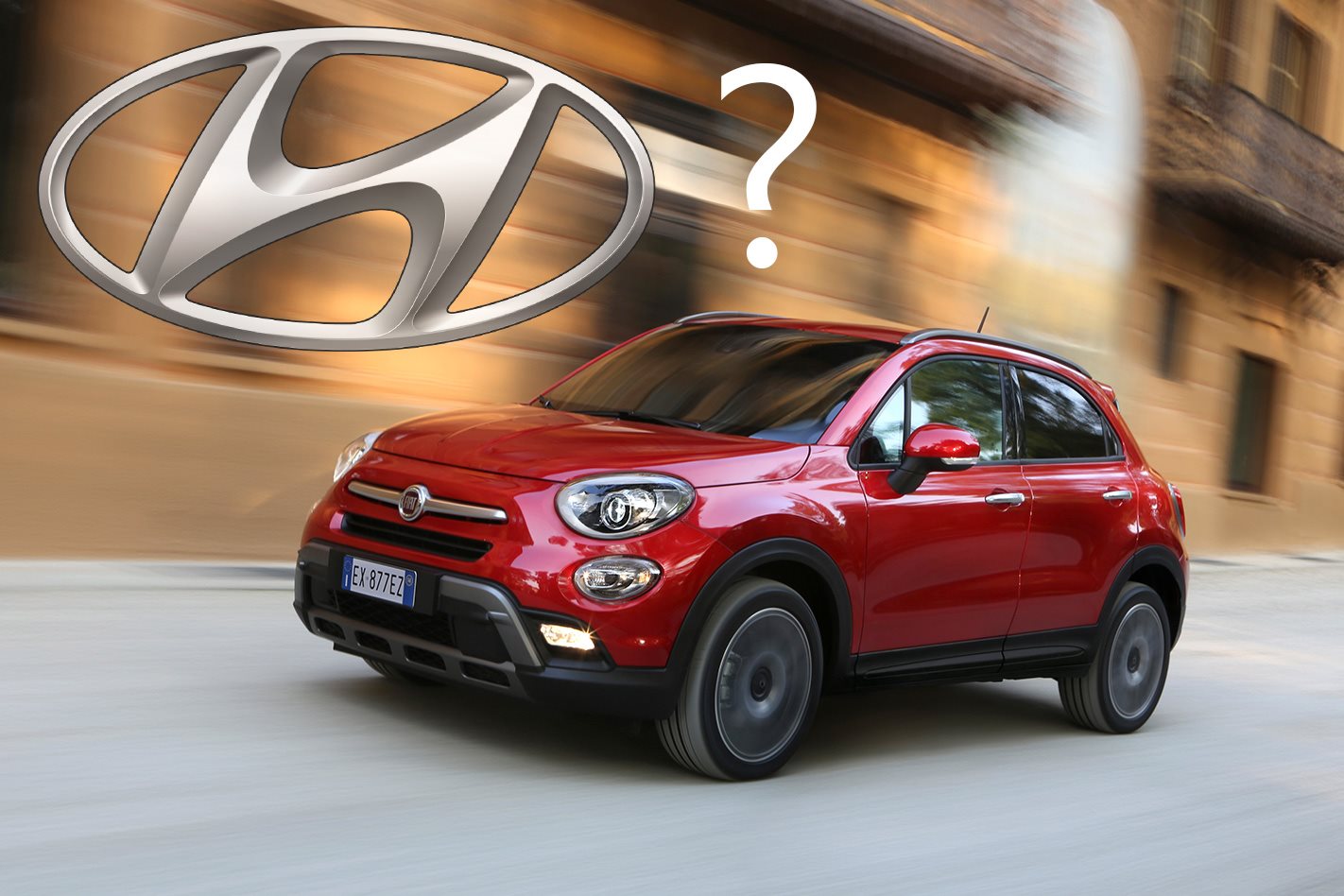VOLKSWAGEN’S performance car for the masses, the Golf GTI hot hatch, has been caught up in the VW emissions scandal, which widened last week to include petrol engines in some current cars.
The 162kW, turbocharged petrol engine used in Golf GTIs now on sale was among engines for which carbon dioxide (CO2) emissions had been understated on official documents, Volkswagen parent company Volkswagen Group announced at the weekend.
Volkswagen Australia spokesman Karl Gehling confirmed today that this engine powers Golf GTIs currently on sale in Australia.
However, he could not say whether Australian-delivered Golf GTIs were among the hundreds of thousands of vehicles globally identified as having understated carbon dioxide emissions, a gas targeted by environmental regulators for its contribution to climate change.
“At this stage all I can say is we are seeking further details from our head office,” Gehling said.
He said he expected to receive information on Tuesday, and that Volkswagen would notify customers of vehicles affected.
Gehling said he believed the Golf GTI was the only Australian model on a long list of 2016 model-year vehicles for which VW Group said it had understated CO2 emissions.
The carmaker, which over the first half of 2015 overtook Toyota as the world’s biggest manufacturer by volume, said on Saturday that the latest revelations in its continuing emissions scandal affected 430,000 vehicles globally that it described as 2016 models.
“The internal investigations into the current vehicles of the 2016 model year provide results for narrowing down the actually affected vehicles with implausible CO2 figures. In total for the 2016 model year approx. 430,000 vehicles are affected across the Group. A list of the individual brands’ affected models is attached,” VW Group said on its website.
The attached document listed a range of diesel and petrol powered Audis, Seats, Skodas and Volkswagens.
Volkswagen said earlier this month that it could have understated CO2 emissions for about 800,000 vehicles globally, most of which were diesel-engined vehicles, but did not specify model years.
Gehling said he could not comment on how Australian Golf GTI customers would be affected if it was confirmed that the understated emissions figures had been attributed to Australian-imported vehicles.
However, unconfirmed reports from German sources say that the figures VW described as “implausible” had been obtained using measures such as over-inflating the tyres of test-bed vehicles, and adding diesel fuel to engine lubricant so as to reduce internal friction.
The result of such manipulation would be a reduction in fuel consumption and hence in the engines’ emissions of CO2, which is a normal product of combustion.
Small reductions in test figures could draw particular models under CO2 thresholds applied in European Union countries, where owners save on vehicle tax if they drive cars that meet CO2 targets.
However, the key consequence in Australia for owners would be a greater discrepancy between official test figures and affected cars’ real-world fuel consumption.
VW Group said it had uncovered the understating of C02 emissions while investigating its diesel emissions scandal, which is not connected directly with its latest revelation.
Volkswagen admitted in September that about 11 million of its diesels worldwide used engine management software that cheated emissions tests, and therefore emitted much more nitrogen dioxide – a component of smog associated with breathing difficulties – in real-world use than in tests.
The Australian importers of Volkswagen, Audi and Skoda have announced they will recall nearly 100,000 Australian-delivered diesel cars to correct the software cheats, which were fitted to 1.6-litre and 2.0-litre versions of Volkswagen’s EA189 turbodiesel engine built since 2008 and supplied with a broad range of models.





